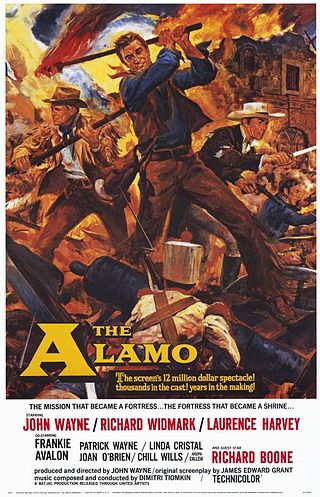
For me, this image has been a life-long icon.
I think I’ve only been to San Antonio once before, and no visit here can be complete without at least dropping by the Alamo.
At least for me.
The smallness of the Alamo surprised me when I first came, despite warnings. And it surprised me again today.
The small size, though, makes the heroism of the besieged rebel soldiers even more impressive. A huge fortification would have been one thing. This tiny little ecclesiastical outpost, though, is tiny. It afforded very little protection.
When I was very little, I was a major Davy Crockett fan. Fess Parker’s “Davy Crockett” was still all over television, and John Wayne’s 1960 film version of The Alamo was soon there to fan the flames. I persuaded my parents to buy me a Bowie knife long before I had the faintest idea what to do with it. I never played with it. I just touched it and admired it. (The film made me a Jim Bowie/Richard Widmark fan.)
Sometime before I saw the movie, I learned that Davy had been killed by Mexican soldiers at the Alamo in San Antonio. I still remember the day that I read it in a travel book. I remember the book clearly. And I remember being absolutely baffled by the failure of the United States to declare war on Mexico in order to avenge Davy’s death.
I fell in love with Dimitri Tiomkin’s film score, and, being a young child doing what young children do, I played the album over and over and over again, preferably at maximum volume. It drove my mother to distraction. One day, when she was driving home with the car windows down and heard the overture while she was still several houses away, she drew the line. That was enough. But I’ve listened to to the music again during this trip. Still stirring, after all these years. I still know the words to “The Green Leaves of Summer” and Marty Robbins’s “Ballad of the Alamo.”
Some critics of me and of Mormonism might say that my devotion to tales of this and other lost causes prefigured my commitment to defending Mormonism and the Book of Mormon. (This is a preemptive acknowledgement of what some of my cleverer deriders might say in response to this blog entry.) But I see it differently: I know what lost causes look like. And Mormonism doesn’t feel anything like one. Some have envisioned those of us who built FARMS and who worked with it and led it for many years as feeling embattled, besieged, even somewhat desperate. I can quite honestly say that this was never our mood, and still isn’t. For myself, I can say that I find Mormonism deeply satisfying at every level, including intellectually, and that my long-standing involvement in apologetics has been not just an task for which I felt an obligation, but exhilarating and fun.
Posted from San Antonio, Texas











